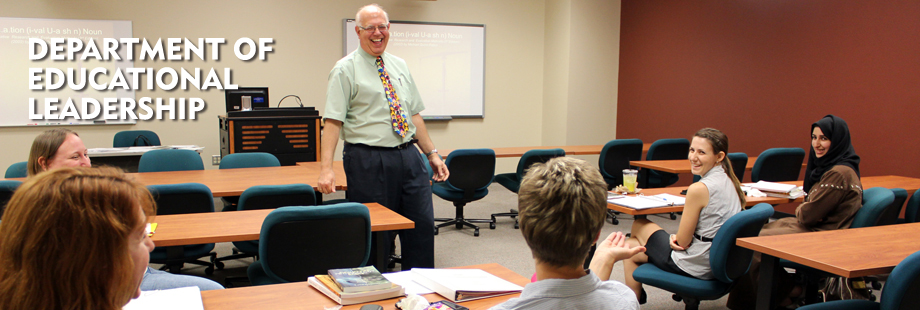School Reform Strategies and Normative Expectations for Democratic Leadership in the Superintendency
Document Type
Conference Paper
Publication Date
11-11-2005
Publication Source
Proceedings of the Annual Meeting of the University Council for Educational Administration
Abstract
The concept of democratic leadership emerged in the early decades of the twentieth century in response to the effects of social change on schools and to growing dissatisfaction with autocratic management. One of its most prominent advocates was John Dewey, an eminent philosopher who viewed scientific management’s obsession with efficiency to be detrimental to a well-balanced social interest (Razik & Swanson, 2001). Democratic school administration was not practiced widely, however, until America had suffered a great economic depression circa 1930. After many successful businesses failed, classical theory and scientific management, the philosophical pillars of the Industrial Revolution, lost much of their glitter (Callahan, 1962; 1966).
Seizing the moment, prominent education philosophers described the infusion of business values into public education as undemocratic. They contended that citizen control over public education had been eroded incrementally by superintendents who had pursued technical efficiency at the expense of liberty (Kowalski, 2006b). One of these activists, George Sylvester Counts (1932), called for reforms that would return political power to the community so that public schools could play a pivotal role in building a new social order. Efforts to restore participatory democracy in school districts after the 1930s was spearheaded primarily by education professors such as Ernest Melby, a former dean of education at Northwestern University and New York University (Callahan, 1966).
Melby (1955) believed that an infatuation with industrial management had led superintendents to become less reliant on their greatest resource—the community. He warned administrators about the dangers of insulating themselves from the public and urged superintendents instead to “release the creative capacities of individuals” and “mobilize the educational resources of communities” (p. 250). Moreover, oppressive administrators were thought to have a direct negative influence on organizational culture and an indirect effect on school productivity. More specifically, autocratic administrators were thought to have two detrimental effects on teachers: they would adopt the same behavior in dealing with students and they would be reluctant to express opinions concerning school improvement, even in areas where they possessed considerable knowledge (Razik & Swanson, 2001).
During most of the last century, the political face of democratic administration was not widely discussed, primarily because politics and professionalism were viewed as incompatible 2 concepts (Kowalski, 1995a; 2006b). Public education was generally viewed as a sacred trust that should be held above the political fray (Blumberg, 1985) and most practitioners regarded political activities as antithetical to professional behavior (Björk & Lindle, 2001; Kowalski, 1995a). In truth, however, politics have been and remain integral to democratic traditions. During the current quest for school reform, convictions that superintendents should never engage in political action have waned both because of more precise distinctions between democratic statesmanship and self-serving political behavior (e.g., Björk & Gurley, 2006), and because of the realities associated with pursuing school improvement at the local district level (e.g., Petersen & Barnett, 2006). ...
The purpose of this paper is to demonstrate that school reform is one of the critical variables elevating democratic leadership to a normative standard for school superintendents. The more salient issues in this regard are listed in Table 1. Four of these factors—a renewed emphasis on liberty, teacher professionalism, the No Child Left Behind (NCLB) Act, and state-specific conditions—are described in this paper to demonstrate a nexus between school improvement and the perceived need for democratic leadership.
Document Version
Postprint
Copyright
Copyright © 2005, University Council for Educational Administration.
Publisher
University Council for Educational Administration
Peer Reviewed
yes
eCommons Citation
Peterson, George J. and Kowalski, Theodore J., "School Reform Strategies and Normative Expectations for Democratic Leadership in the Superintendency" (2005). Educational Leadership Faculty Publications. 55.
https://ecommons.udayton.edu/eda_fac_pub/55
Included in
Educational Assessment, Evaluation, and Research Commons, Educational Leadership Commons, Education Economics Commons, Elementary and Middle and Secondary Education Administration Commons, Higher Education Administration Commons, Other Educational Administration and Supervision Commons, Special Education Administration Commons, Urban Education Commons




Comments
Paper available for download is the authors' accepted manuscript. Any content used from this paper must be cited appropriately.